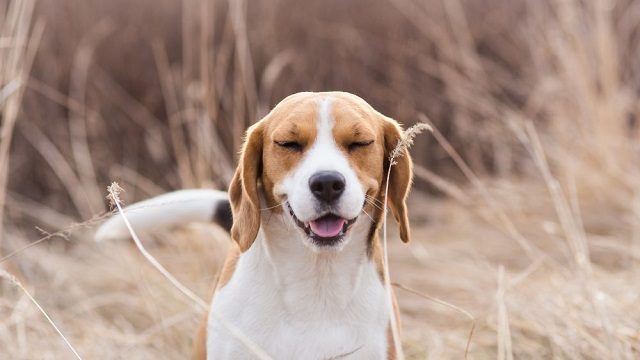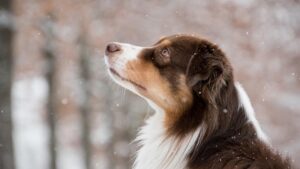Why Is My Dog Sneezing? Should I Call The Vet?
Have you seen your dog sneezing more often? Here are the key facts about sneezing in dogs, the causes, and when it might indicate a problem.
- Occasional sneezes in dogs are normal for clearing nasal passages and are usually not a concern.
- Sneezing can also be a form of communication among dogs, indicating play or attention-seeking.
- Excessive sneezing may indicate allergies, respiratory infections, foreign bodies, or tumors.
- Monitor additional symptoms like nasal discharge or lethargy if sneezing becomes persistent.
- Consult a veterinarian if sneezing is frequent, prolonged, or accompanied by other health signs.
Why Do Dogs Sneeze?

Dog sneezing is a normal bodily function, designed to help keep the upper airways clean and free from obstructions. Just like in humans, an occasional individual sneeze or cluster of sneezes is not normally anything to worry about. It is just the body’s way of removing dirt, debris, and mucus from the nasal passages and upper respiratory tract.
The interesting thing about dogs is that they also use sneezing as a form of communication! When interacting with each other, they will use sneezing to get attention, initiate play, or indicate that they want to slow down the pace. Studies have even shown that wild dogs use sneezing in the process of collective decision-making!
Dogs can also ‘reverse sneeze’. This is a sudden intake of air through the nose, to dislodge an object or clear the airways. Again, this is a normal bodily function and is frequently observed in flat-faced brachycephalic breeds.
However, sometimes dogs will sneeze as a result of an underlying health problem. So, if you notice your dog sneezing more than normal, it may be due to one of the following issues:
Allergies

Much like hay fever in humans, a common cause of excessive sneezing in dogs is an allergic response. A range of different allergens can trigger repetitive sneezing in dogs, including:
- Pollens from plants and grasses
- Household dust and mold spores
- Chemicals commonly found in items such as cleaning products and laundry detergents
Many allergies in dogs are mild, and sneezing may be the only sign you notice. In more serious cases, the dog may develop other symptoms such as discharge from the eyes, swelling around the face, and hives.
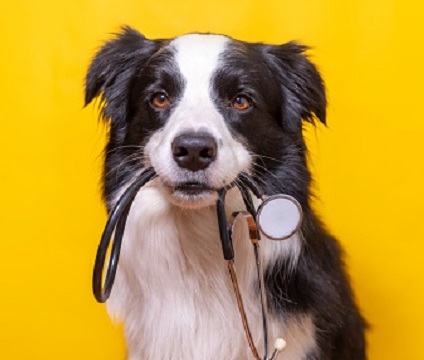
Not sure if your dog is sick?
Get a better idea of your dog’s current health status with our quick quiz.
If your dog seems fit and healthy and you cannot find any other apparent reason for excessive sneezing, allergies could be the cause. Spring and summer sneezing is likely to be caused by pollen, so keeping your dog indoors during high-risk periods is a good idea. Keep your house clean, and avoid using highly-scented cleaning products that may trigger an allergic reaction.
Respiratory Tract Infections
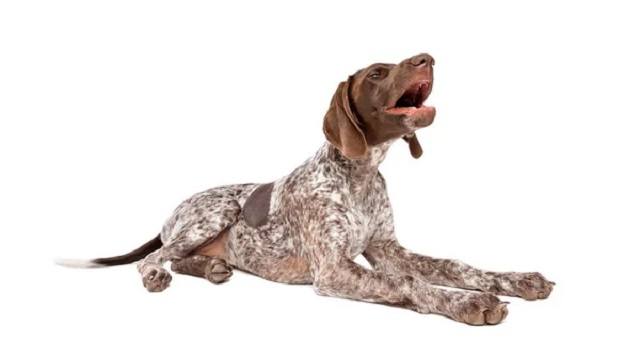
Dogs that develop respiratory tract infections may sneeze more than normal. This is commonly accompanied by other signs of ill health such as coughing, nasal discharge, and lethargy. These are particularly common in flat-faced brachycephalic dog breeds.
Foreign Bodies
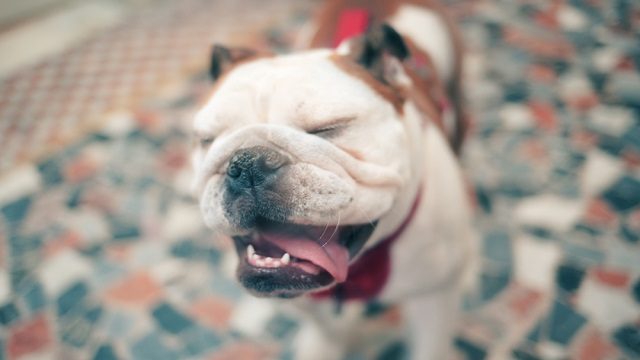
It is not uncommon for dogs to get foreign objects lodged inside their nasal passages, normally plant material such as grass seeds. This can lead to intense and prolonged sneezing fits, accompanied by pawing at the nose or rubbing the face on the floor.
If the dog cannot dislodge the foreign body itself, the sneezing will continue until the object in question has been removed. This normally requires the dog to be anesthetized, allowing your veterinarian to carefully extract the foreign body.
Tumors
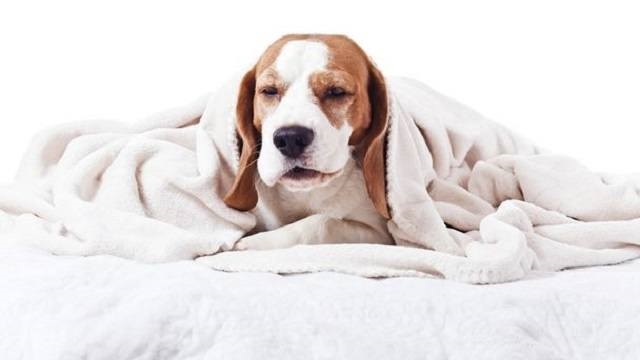
Unfortunately, older dogs can develop oral and nasal cavity tumors. These can create a partial blockage of the respiratory tract, leading to excessive sneezing. This may be accompanied by a blood-tinged nasal discharge, difficulty eating, and loss of body condition.
When To Be Concerned About Dog Sneezing
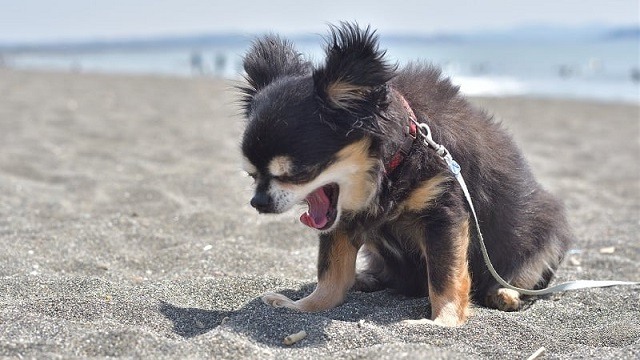
As dogs use sneezing as a form of communication, it can be difficult to figure out when there might be a problem! If your dog sneezes frequently when playing with his canine pals, this is just their way of keeping things friendly.
Occasional individual sneezes or small sneezing fits are nothing to worry about. It is just your dog’s way of keeping their nasal cavities clean and clear! But if your dog sneezes consistently or suffers from prolonged sneezing fits, it is a good idea to look for any other signs of ill health.
Check for abnormalities around the face, such as discharge from the eyes, nose, or mouth, or any localized swelling. Does your dog seem to have difficulty eating or drinking, or have you seen your dog retching or vomiting? Is your dog alert and active? And does the sneezing occur at specific times during the day, or all day long?
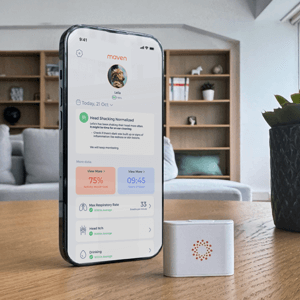
Maven Pet
Health Monitor
#1 Vet-recommended pet monitor! Tracks activity, rest, respiratory rate, water intake, scratching and other health indicators 24/7
If any of these areas give you cause for concern, it is a good idea to seek veterinary advice to check for any underlying health problems. It may be nothing at all to worry about, but when it comes to the health of our precious canine pals, it is definitely better to be safe than sorry!
Maven Pet focuses on improving the quality of life of our pets with technology, using artificial intelligence (AI) to enable proactive pet care. By accurately collecting and monitoring pet data 24/7 and flagging any irregularities, Maven Pet empowers pet parents and veterinarians to stay ahead of potential health issues, ensuring the well-being and longevity of our beloved companions.

